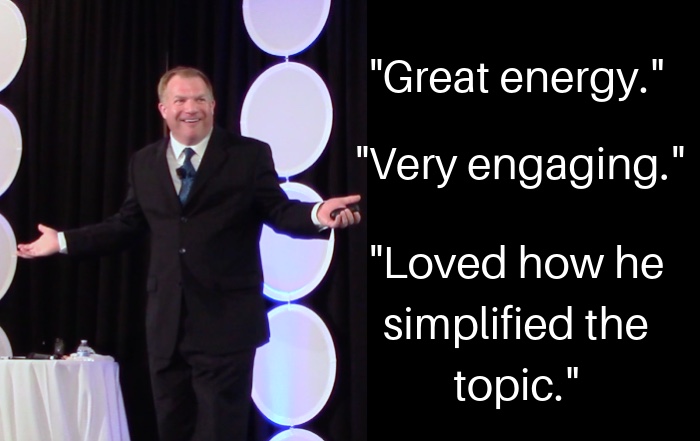 Busy leaders realize the importance of smart executive strategies. Just because you’re the boss, doesn’t mean you’re equipped to deal with every problem and challenge. Recently, Ladders.com released an article where executives talked about what causes them the most stress on the job.
Busy leaders realize the importance of smart executive strategies. Just because you’re the boss, doesn’t mean you’re equipped to deal with every problem and challenge. Recently, Ladders.com released an article where executives talked about what causes them the most stress on the job.
Several of the responses were familiar. Let’s dive a little deeper into them:
Executive Strategies: You’re Expected to Have All the Answers
Sometimes leaders feel like they are teachers, where they have to have the answer to every question. In a business, all your challenges aren’t found in a textbook. Being all-knowing takes a tremendous amount of time, when you’re having to answer employee questions.
You may also end up giving answers, where you’re speaking outside your area of expertise. This leads to mistakes. It’s like giving directions to a place you’ve never been.
I prefer a different approach when an employee asks you to solve a problem. It’s fair to ask anyone who brings you the challenge to also bring along some potential solutions.
This way you’re not having to make decisions outside of your expertise. You’re also empowering your team by making them consider solutions. And you don’t have to follow their suggestion, if it doesn’t feel like the right fit.
For more on this topic, read Prioritize Problem Solving.
Executive Strategies: Managing Time
I admire Ric Kostick, Founder and CEO of 100 Percent Pure for admitting to struggling with this challenge. I am nervous about him talking about how his schedule is so packed with requests for his time that he does busy work and emails late at night, early in the morning, or during the weekend.
While sometimes adding extra time to your schedule can work in small doses, I’ve found it may represent the express lane to burnout.
I believe it’s important to add barriers to your schedule. Being constantly available may not represent your best move. Limiting access can reduce random interruptions, allowing you to focus more on your big picture goals.
Also, productive time is not an unlimited resource. Working harder and longer eventually leads to a drop in productivity.
For more on this topic, visit: Why Your Schedule Needs Barriers.
Executive Strategies: Not Having Time to Focus
In the article, Shane Evans, Founder and President of Massage Heights talks about the challenges of a packed schedule and staying connected to employees. I’m glad he talks about blocking out time on his work calendar for himself. He says he uses the time for thinking, planning, and preparing. Bravo!
This is a smart move because it can be very easy to become overbooked with meetings. While meetings are necessary, they should be a part of your day and not most of it. And otherwise good employees will enthusiastically schedule meetings with you for every minute of your day.
To find the right balance, I suggest spending a week, tracking how much time you’re spending on your most important tasks. That’s the first step to making changes to the things that may not matter as much and rebalancing your schedule.
You may also consider the time of your meetings. Are you filling an hour just because the session is scheduled for that time? Could it be done in 30 minutes of focused time?
For more on this topic, read Suffer from a Packed Schedule at Work?






